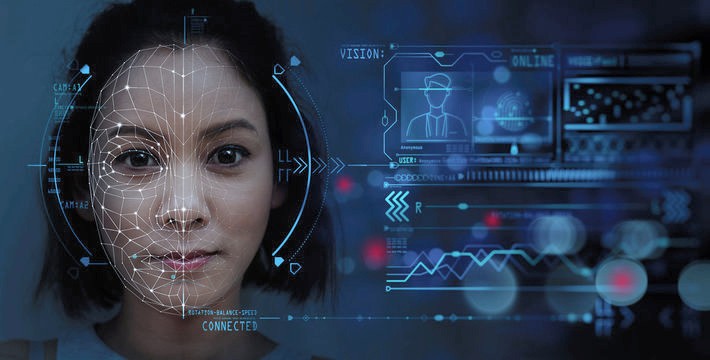In a world where privacy and data protection are hotly debated, the emergence of face recognition technology has both amazed and alarmed people. PimEyes, a face recognition search engine, stands out as one of the most accessible and user-friendly tools of its kind, sparking intense discussions. By allowing users to find images of themselves—or others—online with just a photo, PimEyes offers both convenience and controversy. Understanding how PimEyes operates, its potential uses, and the ethical implications surrounding it is essential in navigating this evolving digital landscape.
How PimEyes Works: An In-Depth Look
PimEyes operates by utilizing advanced artificial intelligence (AI) and machine learning algorithms to perform face recognition searches. When a user uploads a photo to the platform, PimEyes scans the internet for any matches by comparing facial features in the uploaded image with those found in publicly available photos across various websites. It doesn’t just match one photo; PimEyes analyzes multiple features of the face, including the distance between eyes, the shape of the nose, and other defining characteristics.
The search results are often surprising, with users discovering images they didn’t know existed—whether it’s old social media posts, online forum images, or pictures from obscure websites. In this sense, PimEyes brings the concept of reverse image search into the realm of face recognition, enhancing its capability to identify individuals across the web.
The Technology Behind PimEyes
The backbone of PimEyes lies in its sophisticated algorithms, which rely on deep learning to understand the nuances of human faces. Unlike a traditional search engine that uses keywords, PimEyes processes visual data. The algorithms are trained on vast datasets of images, allowing the tool to “learn” what a face is and how to differentiate one from another. This deep learning allows PimEyes to become more accurate over time, improving the precision of its search results.
This technology is particularly impressive given the amount of data it processes. PimEyes crawls and indexes images from websites globally, scanning both large social media platforms and smaller, less-known sites. Each time it identifies a face in an image, it adds this data to its database, making future searches faster and more accurate.
PimEyes Features: What Sets It Apart
One of the most significant aspects of PimEyes is its ease of use. The service is designed to be intuitive, requiring only a few clicks to upload a photo and begin a search. However, the tool also has a range of features that make it more versatile than a simple image search engine.
The Free vs. Paid Version of PimEyes
PimEyes offers both a free and a paid version, each with varying levels of access and functionality. The free version allows users to upload a photo and receive limited search results. While these results may give users a sense of where their image appears online, the paid version unlocks deeper access. With the premium service, users can see more detailed results, access high-resolution images, and even set up notifications for when new images of them appear online.
PimEyes’ Search Capabilities and Accuracy
One of the major selling points of PimEyes is its accuracy in face recognition. The platform is capable of identifying people even when their appearance has changed, such as with different hairstyles, glasses, or facial expressions. This high level of accuracy makes it a powerful tool for individuals looking to track their digital footprint or for companies conducting investigations.




